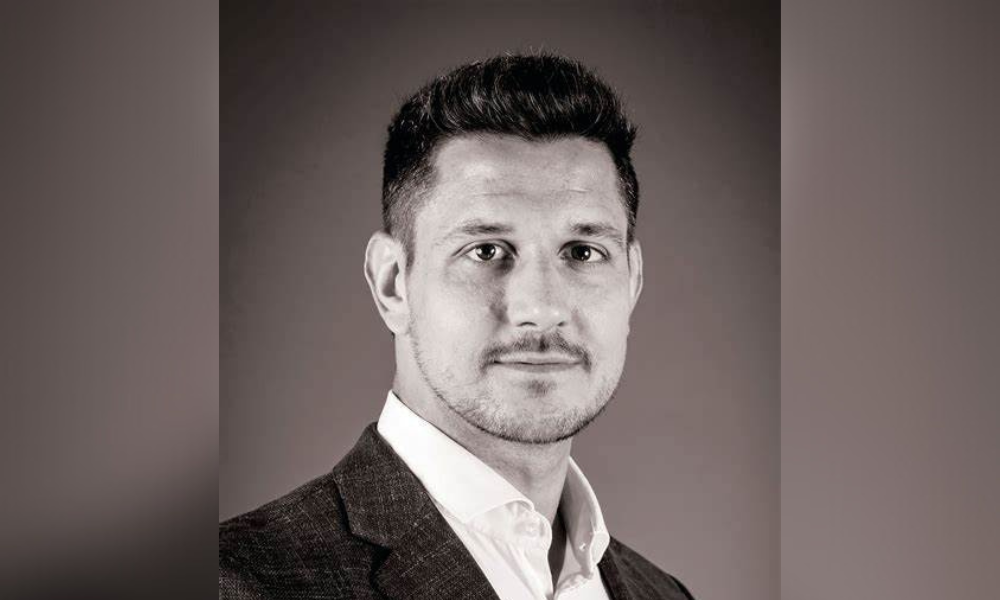Broker discusses the ins and outs of operating as an adviser

In the realm of mortgage broking, it is not simply a game of numbers and negotiations, it is a multifaceted art form.
Spotting a top-tier broker involves peering into a cocktail of skills that blend the complexity of human psychology with the precision of analytical thought. So, what makes a good broker, how do you develop the skillset and what are some of the best sales techniques?
Mortgage Introducer reached out to an expert to find out.
How do you spot a good broker?
Gary Das (pictured), founder and managing director of Active Financial, said at the core of broking is a fundamental need to be a people person.
“This is not about fleeting conversations or shallow chatter, it is about genuinely caring for where individuals stand and where they aspire to go,” he said.
Das added that being a broker means being fascinated by clients’ stories, hungry to understand their ‘whys’, and ever-ready to delve into their worlds. If you cannot connect with people at this level, Das said, then it is best to reconsider the career path.
Viewing every mortgage as a puzzle where every piece must find its place, Das said, is a non-negotiable trait.
“This landscape is for those with a process-driven mindset and an analytical approach, individuals who can dance between data points with ease and align them into a harmonious picture that solves real-world problems,” he said.
Contrary to some beliefs, Das said that being a broker is not just about numbers, it is about narrative. As a broker, he added that you are selling stories, stories of security, of dreams realised, and of futures protected.
“It is your mission to communicate not just effectively, but persuasively, using every tool in your kit to ensure clients walk away with what they both want and need,” Das said.
This journey, Das said, demands strictness, a fierce governance over time, resources, and good process.
“It is crucial to focus on the person, not just the product, and set clear boundaries that respect both your time and your client’s expectations; failing to do so may lead to a service that is spread too thin to be of any real quality,” he said.
While certain personality profiles may have a head start, Das said no-one is born to be a broker and this career is an equal-opportunity endeavour, demanding a well-rounded skill set.
“You might encounter a broker who defies all stereotypes yet delivers exceptional results, proving that this field is anything but predictable,” he added.
A good broker, Das said, is someone who consistently goes the extra mile, they do not just meet expectations, they surpass them and they commit to never overpromising and underdelivering.
He added that it is not about the number of leads, but the quality of advice, advice that comprehensively assesses risks, pinpoints shortfalls, and identifies opportunities.
“So, how do you recognise such a broker; they are the ones who are personable, problem solvers, and can distil complex concepts into simple explanations; they stand out by how they engage, resolve, and communicate,” Das said.
How do you develop your skills as a broker?
Developing these skills, Das said, is a relentless pursuit of excellence, with no shortcuts to achieving the end goal.
“It is about mentorship and camaraderie, as well as observing seasoned brokers, engaging in active listening, and not being afraid to ask questions,” he said.
Much like children learn by observation, brokers, too, Das said, can refine their craft through attentive modelling of proven practices. Much of this is achieved over time, dedicating day after day, month after month, and year after year to the craft.
What are some of the best sales techniques as a broker?
Some of the finest sales techniques, Das said, have long stood the test of time and are great tools for every broker.
“‘TED’ - tell me, explain to me, describe to me - is a conversational masterpiece that gets clients to reveal their true concerns,” he said.
Das added that assumptive closing and future pacing are indispensable in his toolkit, especially when discussing protection.
“They guide clients to not just hear, but to visualise the importance of the solutions we offer,” he added.
In conclusion, Das said the path to becoming a good broker is etched with constant learning, practice, and the humility to embrace new methods.
“It is about shaping a service that is as personal as it is professional, as innovative as it is timeless,” Das said.
What do you believe makes a good broker? Let us know in the comment section below.



